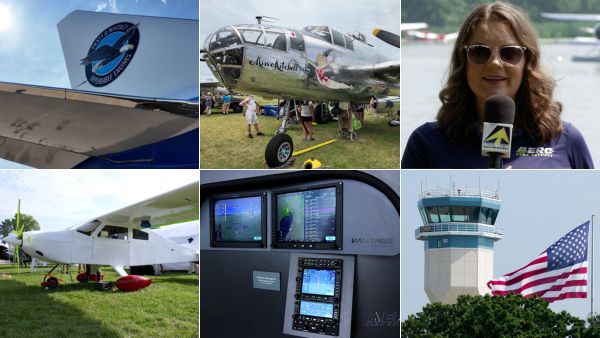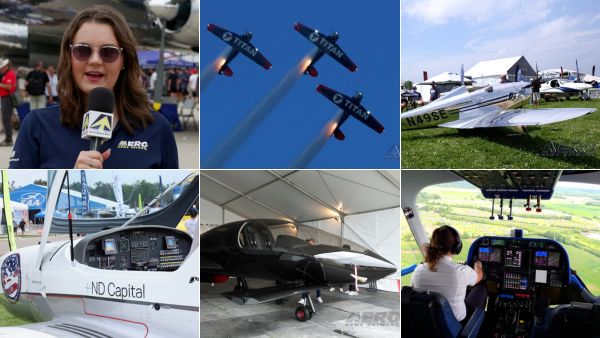Mon, Oct 19, 2015
Designed To Enhance Safety And Efficiency
Honeywell Aerospace’s latest navigational technology will be available as an option on Airbus A320 and A330 aircraft in early 2018. The new Integrated Multi-Mode Receiver will offer Airbus customers access to the latest precision navigation capabilities — a cost-effective solution that increases airport traffic capacity while decreasing weather-related delays, noise and operating costs through more efficient routing and improved navigation performance.

Honeywell’s Integrated Multi-Mode Receiver (IMMR) navigation receiver will enable airline operators to take advantage of the latest in satellite-based navigation such as Honeywell’s SmartPath Ground-Based Augmentation System (GBAS), which allows more accurate approach and landing access than today’s land-based systems. The new navigation receiver will also offer expanded capabilities for landing in very-low-visibility weather conditions.
“We work closely with Airbus to ensure that our mutual customers have the most advanced technology so they fly the safest and most efficient flights possible,” said John Bolton, president, Air Transport and Regional, Honeywell Aerospace. “Honeywell’s latest Integrated Multi-Mode Receiver was designed to help airlines meet current industry navigation mandates and prepare for future capabilities through simple software upgrades.”
The Honeywell IMMR is the industry’s only all-digital navigation radio that integrates multiple navigation functions into a single receiver, while reducing size and weight up to 50 percent compared with current solutions. This makes it easier for pilots to fly more complex and precise flight paths and approaches by using GPS satellites to pinpoint the aircraft’s location with extreme precision. Latest procedures and systems supported by the IMMR include satellite-based augmentation system, Required Navigation Performance-Authorization Required and GPS Landing System (GLS) Category I.
The IMMR is also designed with future growth in mind and is software upgradeable to support safe and successful GBAS GLS Category III approaches and landings that enable pilots to fly and land the aircraft in poor weather conditions and low visibility. The solution is also provisioned to support multiple satellite-based navigation solutions beyond GPS in the future.
(Source: Honeywell news release)
More News
Also: Pratt & Whitney 747SP, Gratia Aero, Robinson/MagniX, Jack Pelton Part5 The Avidyne Vantage 12 is finally certified and will shortly be shipping out so that aging Cirrus a>[...]
Aero Linx: Army Aviation Medicine Association (AAVMA) The Society of US Army Flight Surgeons (SoUSAFS) serves to advance the science and art of Aerospace Medicine and its allied sc>[...]
Witnesses Reported That They Heard A Loss Of Engine Power Analysis: Witnesses reported that the airplane departed from runway 35 after a successful runup. During the initial climb,>[...]
Radio Magnetic Indicator An aircraft navigational instrument coupled with a gyro compass or similar compass that indicates the direction of a selected NAVAID and indicates bearing >[...]
"After exiting, I had a vague recollection of what just happened…and a much clearer view of how quickly hypoxia can sneak up. Sign-ups for PROTE are open each day of AirVent>[...]
 OSH25 Day 5 Redux: Avidyne Vantage 12, Is Fly-Inn An AeroBnB?, B25 Miss Mitchell
OSH25 Day 5 Redux: Avidyne Vantage 12, Is Fly-Inn An AeroBnB?, B25 Miss Mitchell ANN's Daily Aero-Linx (07.29.25)
ANN's Daily Aero-Linx (07.29.25) NTSB Final Report: Curtiss Wright P-40E
NTSB Final Report: Curtiss Wright P-40E ANN's Daily Aero-Term (07.29.25): Radio Magnetic Indicator
ANN's Daily Aero-Term (07.29.25): Radio Magnetic Indicator Aero-News: Quote of the Day (07.29.25)
Aero-News: Quote of the Day (07.29.25)


